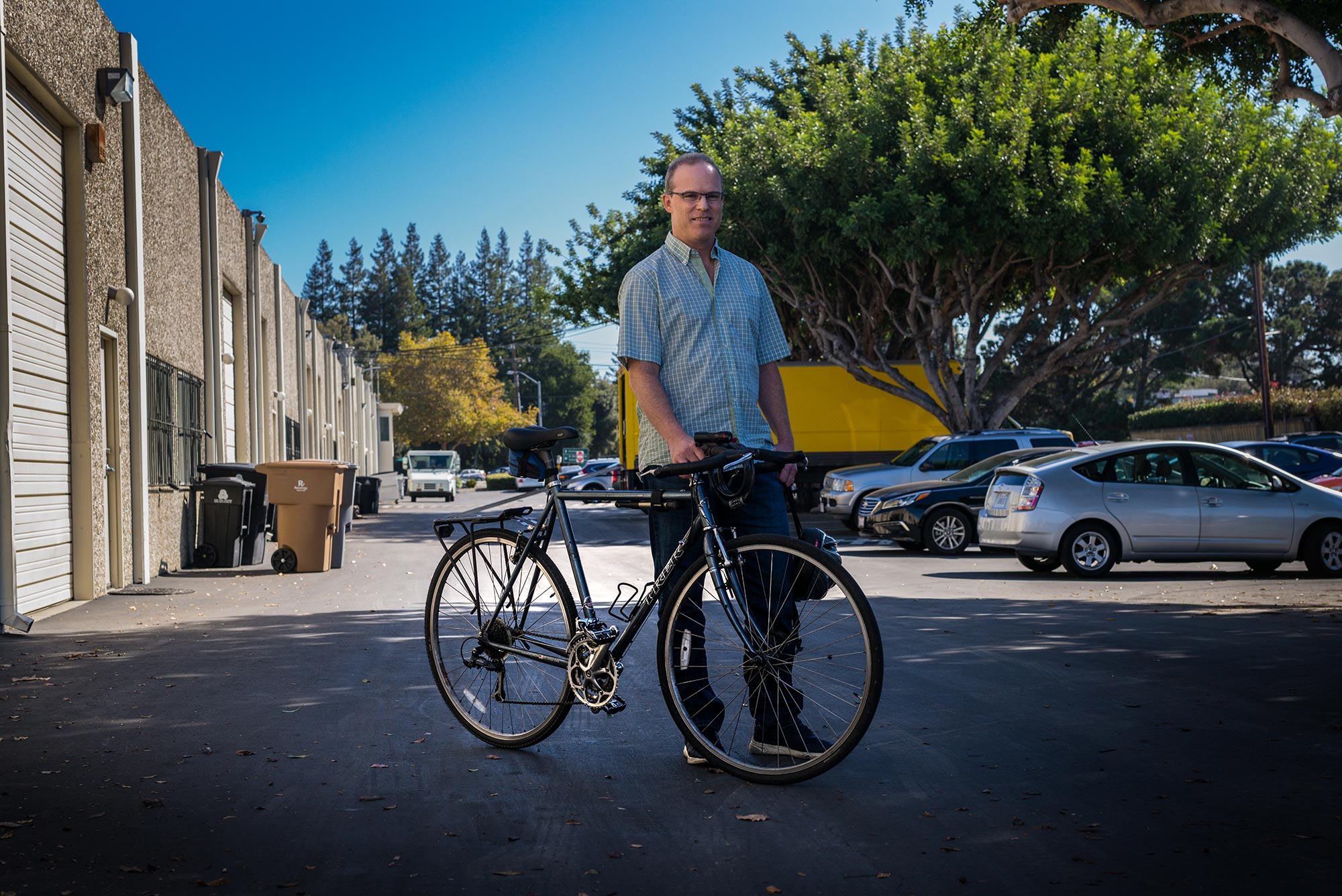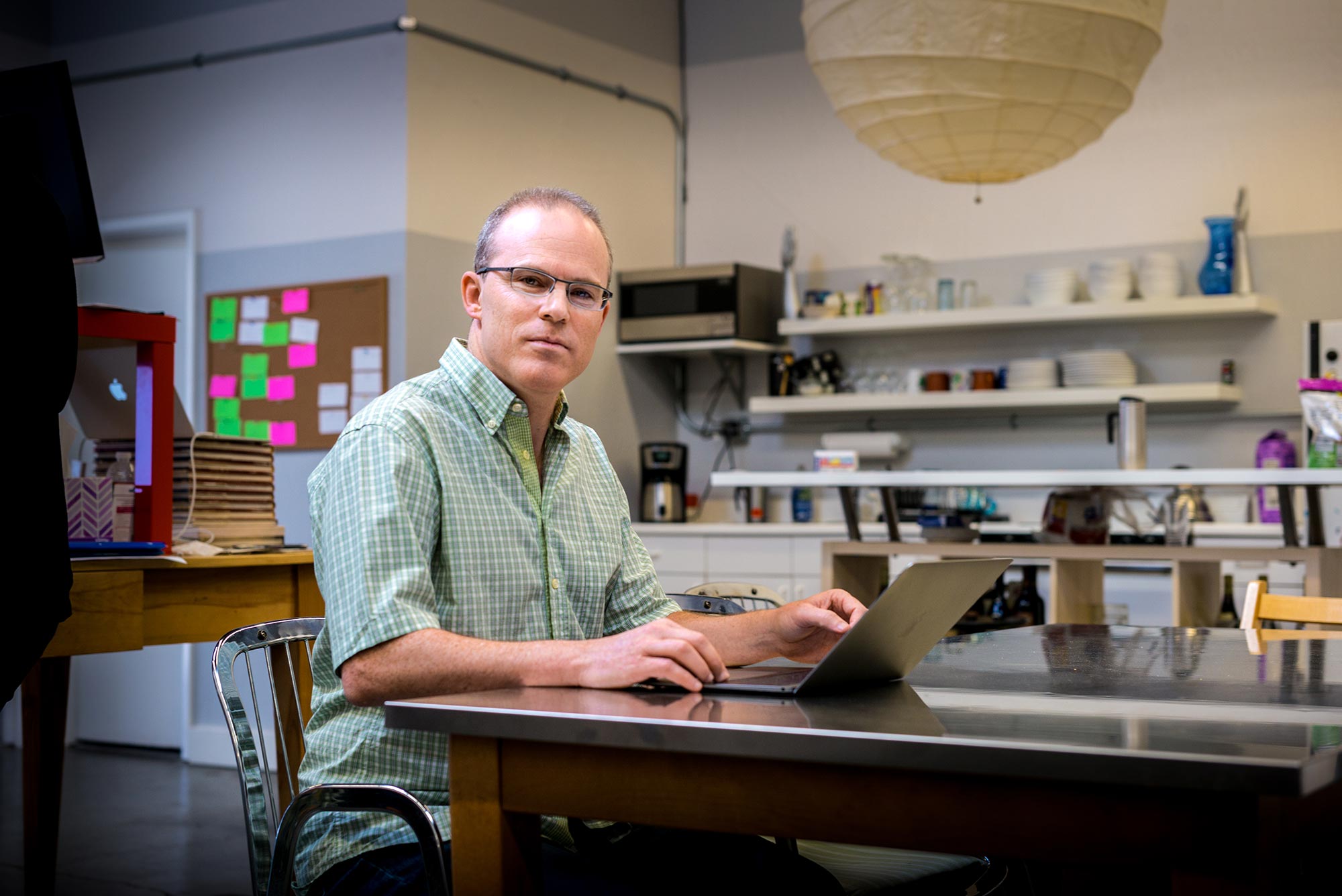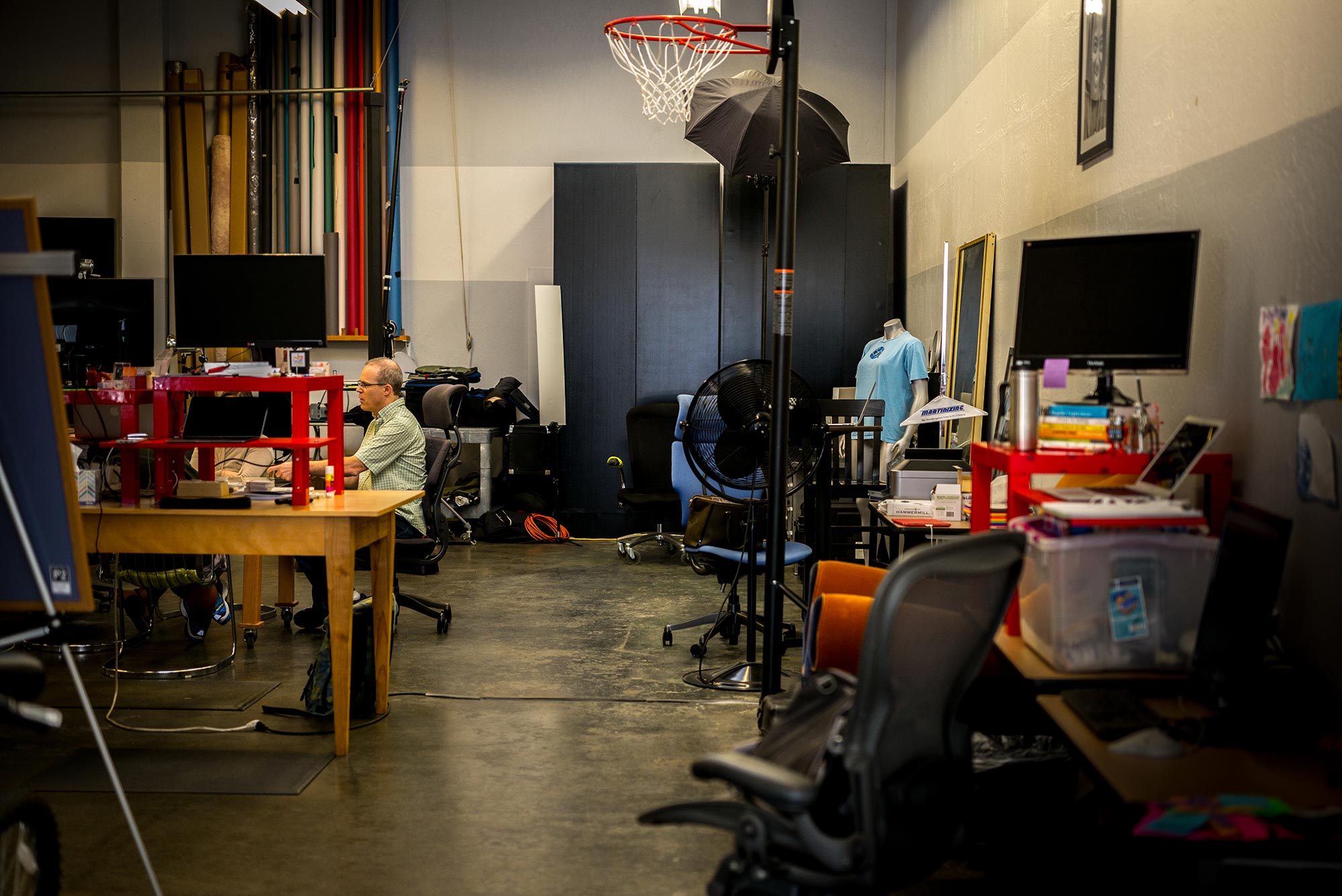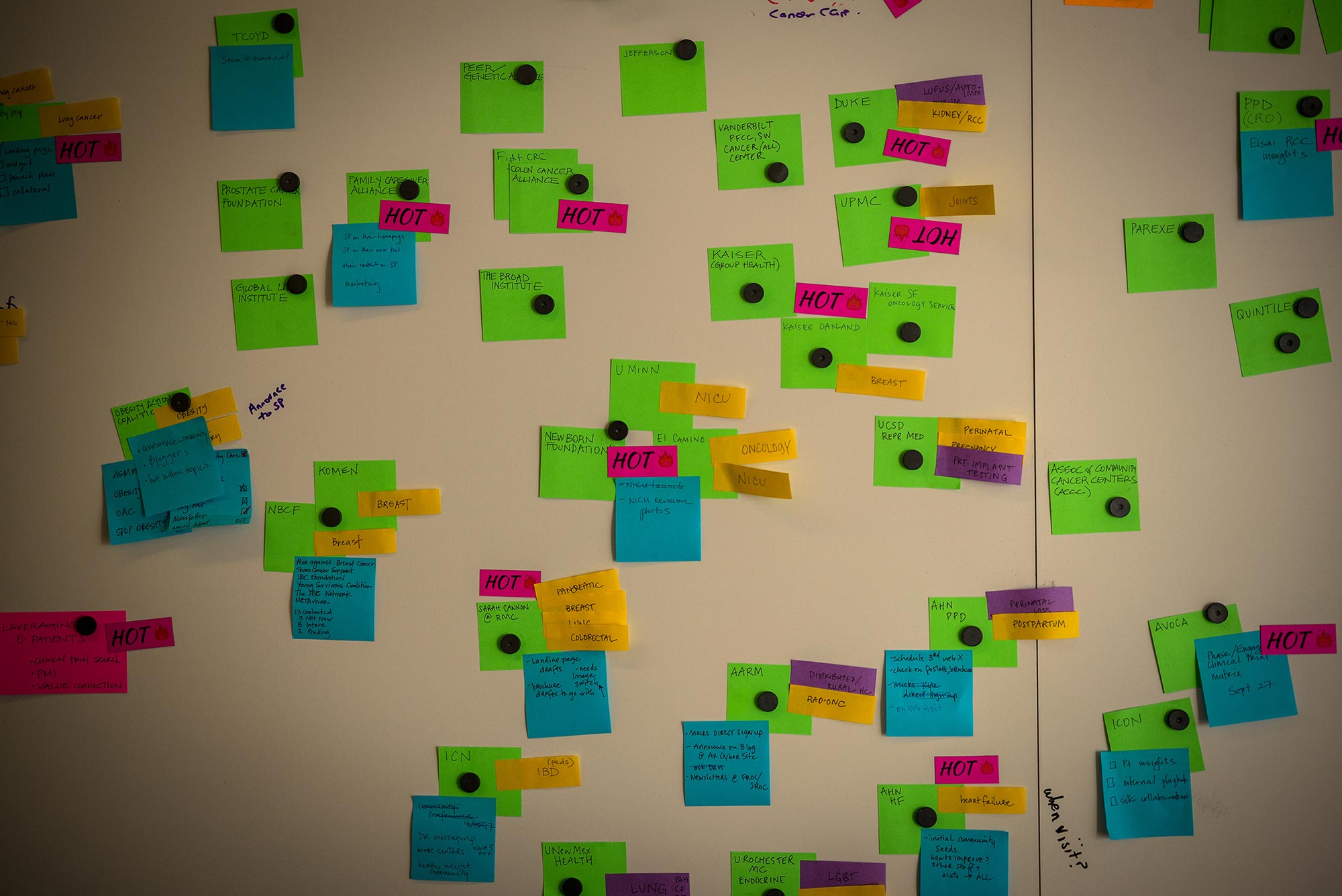

RONI ZEIGER
A DOCTOR, INSPIRED BY HIS OWN ICU STAY, CREATES A PLACE
FOR PATIENTS TO CONNECT WITH AND HELP EACH OTHER
FOR PATIENTS TO CONNECT WITH AND HELP EACH OTHER
On Aug. 1, 2011, Roni Zeiger, MD, realized he was the only conscious patient in the neuro-ICU. He had just had a subarachnoid hemorrhage, a bleed in the brain that normally proves debilitating or fatal. But Zeiger was lucky – his hemorrhage was miraculously mild.
“I just got a free pass,” he thought. “What should I do with it?”
That night, he decided to quit his job and revolutionize healthcare.
Soon after, Zeiger—along with Gilles Frydman—went on to found Smart Patients, an online platform that hosts discussion on everything from clinical trials to personal stories, aiming to facilitate connections in order to disseminate the hard-won knowledge earned by patients and families.
That night in the ICU was not the first time Zeiger decided to reinvent himself.
After completing his residency at the University of California, San Francisco, he worked for two years as a fulltime primary care physician, tinkering with computer-related projects on the side.
He loved connecting with patients, but hungered to use digital tools to improve the broader system of patient care. He returned to Stanford for a master’s degree in biomedical informatics. While there, he became increasingly fascinated with the myriad ways technology could facilitate connections between patients.
Zeiger biked past the Google campus in Mountain View a hundred times before a friend of a friend wrangled him a speaking invitation there. Zeiger offered the company some ideas about how to improve its platform in the health space. Google responded with a job offer. For the next six years, as the company’s chief health strategist, Zeiger worked on improving health-related search queries. He made sure, for example, that anyone inputting “suicide” as a search term would see a suicide hotline number pop up on their screen. He also helped dream up Google Health, an ultimately unsuccessful venture that sought to make patients’ medical information available online.
Increasingly, Zeiger noticed people were using the internet not just to find information but to connect with one another. What would happen, he wondered, if their combined knowledge could be tapped?
Then the brain bleed happened.
Today, Smart Patients has more than 30,000 members and a growing list of collaborators.
When he can, Zeiger still loves seeing patients.
“I get to walk into a room and without having to earn a relationship with someone, I get to learn intimately about them,” he says. “And that keeps me grounded.”




